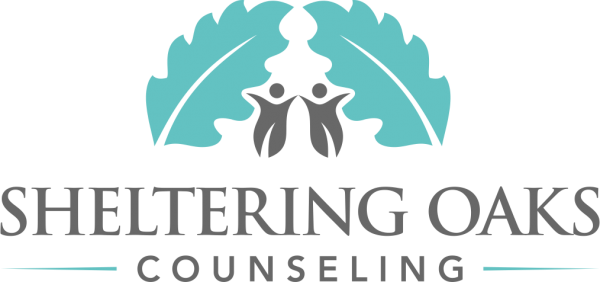
1. Less is More
As parents, it is important to monitor our children for technology overuse. This is important because of the negative effects of overuse. These negative effects include: lack of sleep, poor social skills, and a poor sense of identity. We simply have to turn off the easy fixes and make media something we can use on purpose rather than aimlessly. A great tool to monitor length of time on our kids’ devices is by purchasing a device called Circle Home (created by Disney). Circle can pause the internet, give you statistics for usage per person, can set time limits, and a bedtime for every device.
2. Teach Our Children to Self-Evaluate Without Counting Likes on Social Media
Our “Like” society has contributed to so much self-promotion. On social media we like videos, posts, and photos. It can be overwhelming to our children that their popularity is broadcast to everyone on social media. To counter the “like” society trend, we can teach our children how to self-evaluate without counting likes or looking to social media for feedback. We can encourage this new way of self-evaluating by noticing and affirming what we value in our children. By affirming the specific gifts and talents we see in them, we are teaching them to discover their uniqueness from a reliable source rather than seeking their worth in social media.
3. Discuss and Implement Internet Safety Rules
One of the most dangerous aspects to technology is the risk of an online child sexual predator. It is important to discuss online safety with our children. For example, teach them to never agree to meet someone in person they have met online and tell a parent if anything online makes them feel uneasy. Also, online grooming statements are used as a strategy for predators to find out personal information, isolate the child, and meet them at a physical location. Part of the online stranger-danger discussion should include information about recognizing grooming statements such as “Let’s chat in a private chat room”, or “Tell me your name, age, and school name”. As a parent, you can install parental controls that blocks strangers from contacting your child and alerts you when your child enters certain chatrooms. It is also good practice to place your child’s computer in family areas to allow for closer monitoring.
If you are reading this and feel overwhelmed or unsure about how to manage technology with your children, the clinicians at Sheltering Oaks Counseling are here to help you. Call us today at 813-982-4230 to schedule a parent coaching session or learn more about our services.
Reference:
Crouch, A. (2017). The Tech-Wise
